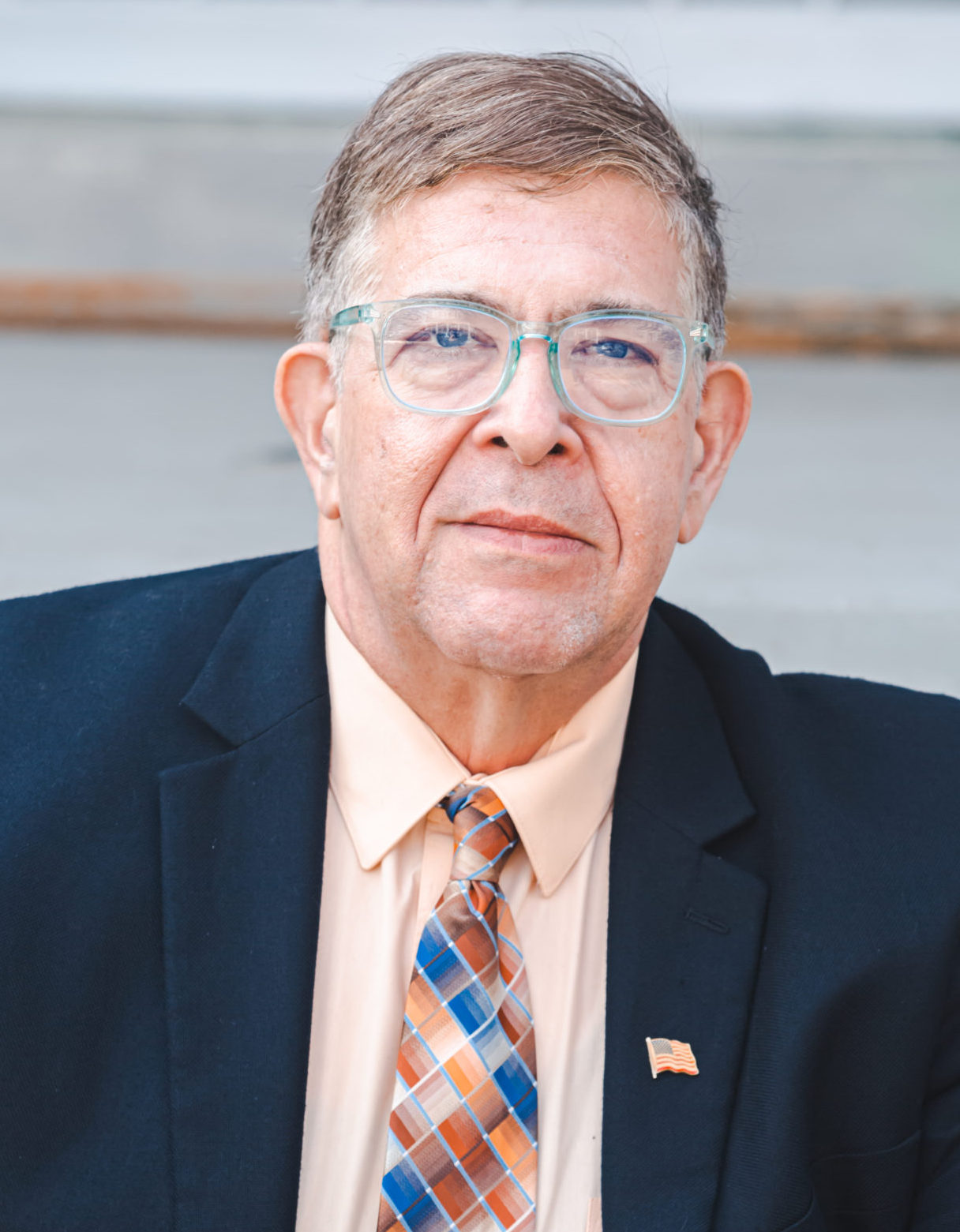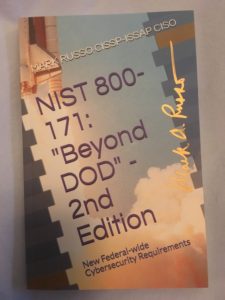Why I hate contract-to-hire?

…and 6 months (or less) contracts to boot
Is anyone else tired of getting these positions?
I keep getting them, and I kindly decline. However, I have real problems with these types of positions in the first place, and here is why.
First, I am good enough for a top cybersecurity position, but you are going to put me with a small recruiting company where I am essentially in a “probationary period.” Really? How does that make sense? I assume this is a way for these recruiting shops to make some extra money on the finders fee. That makes some sense….
How about this? You place me with your Fortune 500 company now, and if I don’t work out, then let US decide whether WE are a good fit or not with the corporate culture, ethical values, mission, etc. Are not all contract positions “at-will”. You can lay me off anytime.
Second, why would I take a 6 month or less job–unless I am independently wealthy and I do cybersecurity as a hobby. (Not a lot of those guys/gals running around). Most of us have families to support, and gambling is not inherent in our DNA–remember we are the guys/gals all about RISK MANAGEMENT. It seems very HIGH RISK, and no Plan of Action and Milestones (POAM) is going to ever mitigate this level of risk.
There is ONE positive to these positions.
I would suggest to those of you near retirement, and you want to do short gigs, go for it! I might do that, but not now. And, please stop overselling these positions as so great. They are not, and we are catching on.
Furthermore, they are insulting. Why would anyone in the cybersecurity field entertain these positions, and not go directly to the companies with hundreds of unfilled cybersecurity positions on their websites.
Dazed and Confused on how this passes as a real mechanism to recruit cybersecurity talent in the 21st Century.

ACTIVELY MONITOR, DISSUADE, AND DEFEAT THE CYBERTHREAT IN YOUR IT ENVIRONMENTS

Dr. Russo is currently the Senior Data Scientist with Cybersenetinel AI in Washington, DC. He is a former Senior Information Security Engineer within the Department of Defense’s (DOD) F-35 Joint Strike Fighter program. He has an extensive background in cybersecurity and is an expert in the Risk Management Framework (RMF) and DOD Instruction 8510, which implement RMF throughout the DOD and the federal government. He holds a Certified Information Systems Security Professional (CISSP) certification and a CISSP in information security architecture (ISSAP). He has a 2017 Chief Information Security Officer (CISO) certification from the National Defense University, Washington, DC. Dr. Russo retired from the US Army Reserves in 2012 as a Senior Intelligence Officer.









